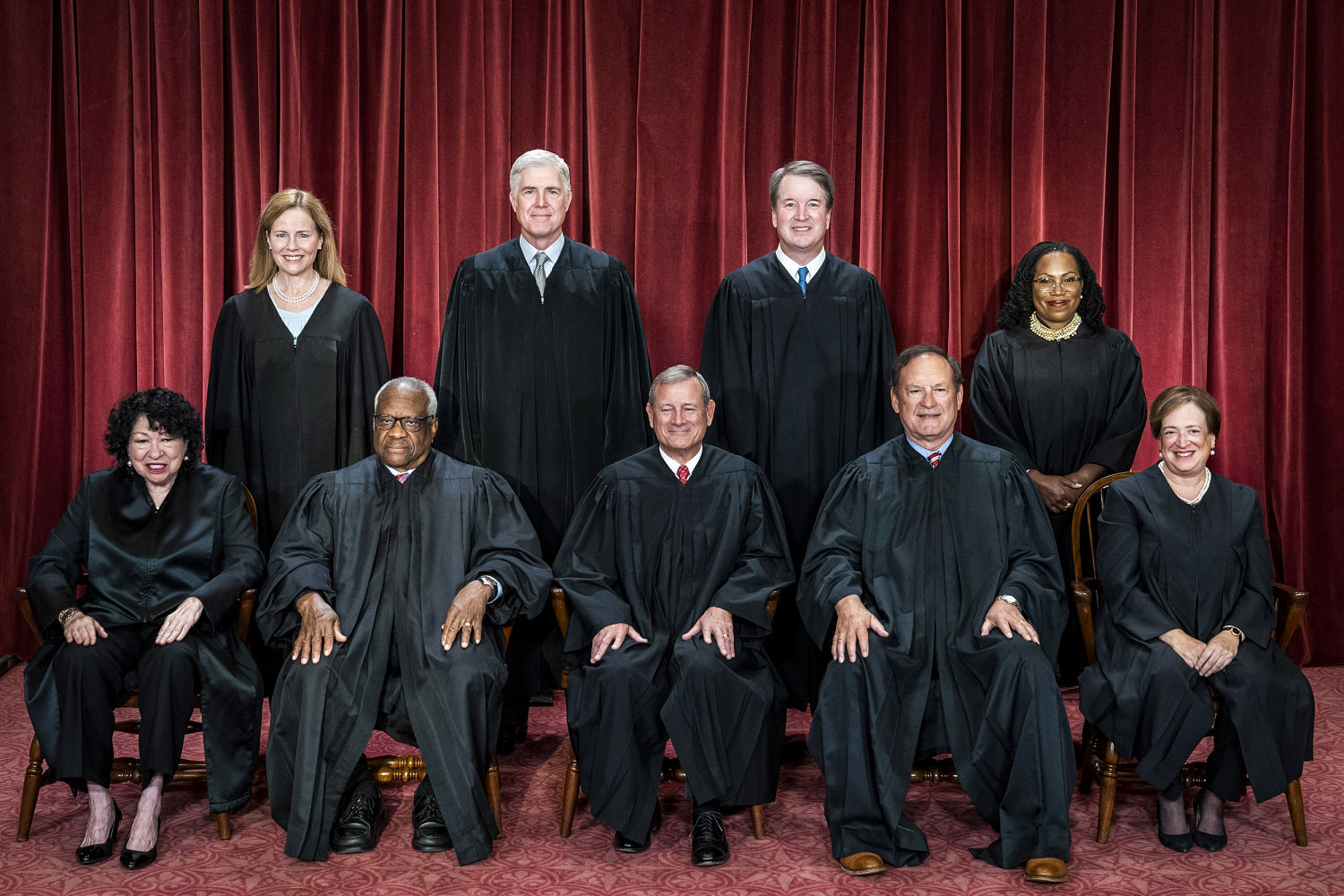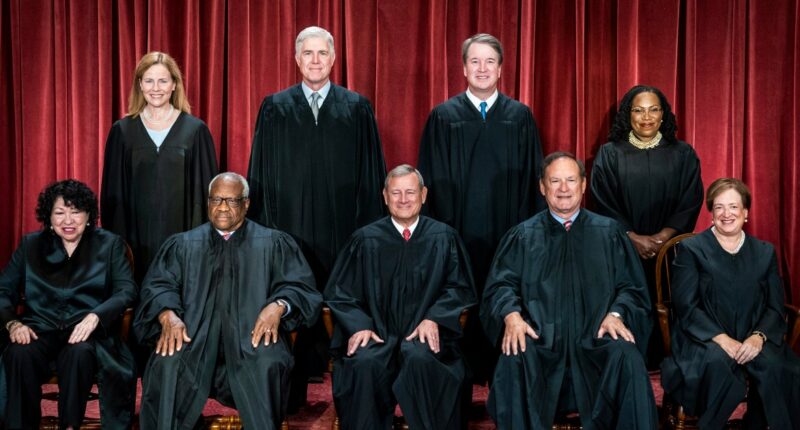Share this @internewscast.com

WASHINGTON — On Friday, the Trump administration requested the Supreme Court to make a definitive ruling on the constitutionality of the executive order aimed at ending automatic birthright citizenship.
The two appeals, originating from cases in Washington state and New Hampshire, are expected to settle whether the contentious proposal is able to proceed.
Traditionally, it has been believed that anyone born on U.S. soil is automatically granted citizenship, excluding children of diplomats, as supported by the 14th Amendment of the Constitution.
The Trump administration argues that this guarantee does not extend to temporary visitors legally in the country or those who have entered illegally.
The century-old interpretation of a broad citizenship right, which has been widely accepted, is deemed a “mistaken view” by the 14th Amendment, resulting in “pervasive, destructive consequences,” according to Solicitor General D. John Sauer in legal documents.
The new Supreme Court appeals are different from previous cases decided earlier this year, which only addressed whether federal judges had the power to halt the policy nationwide pending ongoing litigation.
Unlike the earlier cases, the latest filings are not emergency requests that the court will act on quickly. They are regular appeals that could take months for the court to resolve, most likely after agreeing to hear the cases and then hearing oral arguments.
Sauer suggested the court decide the cases in its new term, which starts in October and ends in June next year.
As of Friday evening, the cases had not yet been officially docketed at the court.
NBC News obtained them from the Washington state Attorney General’s Office, which filed one of the underlying lawsuits, and the American Civil Liberties Union, which represents individual plaintiffs in the New Hampshire case.
The Justice Department could not be reached for comment.









